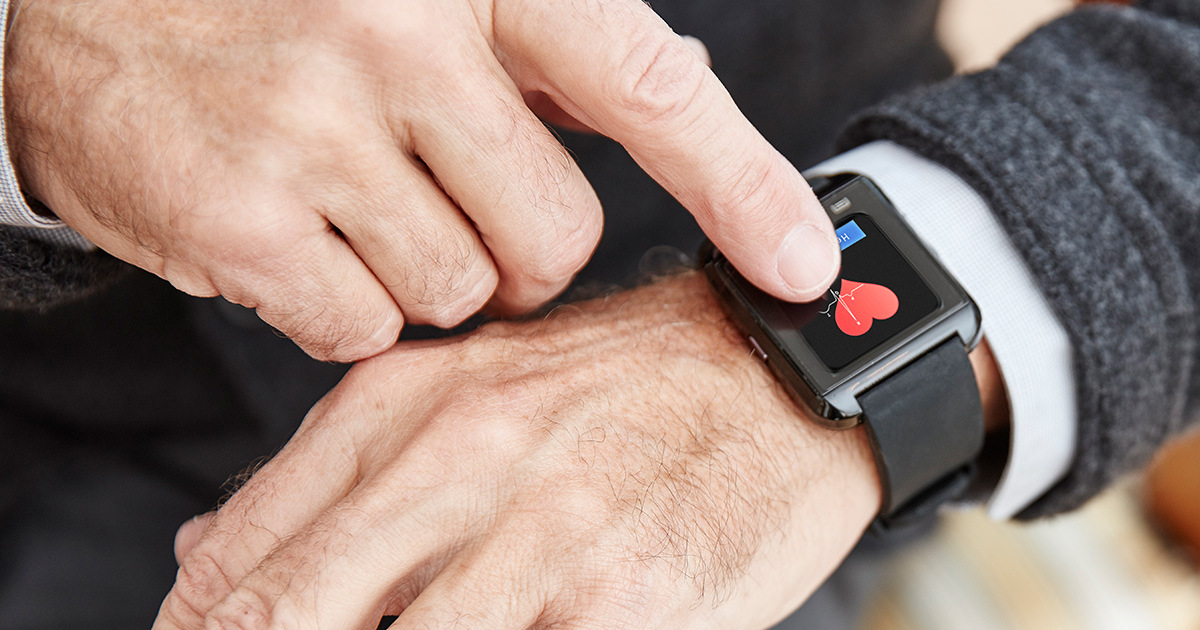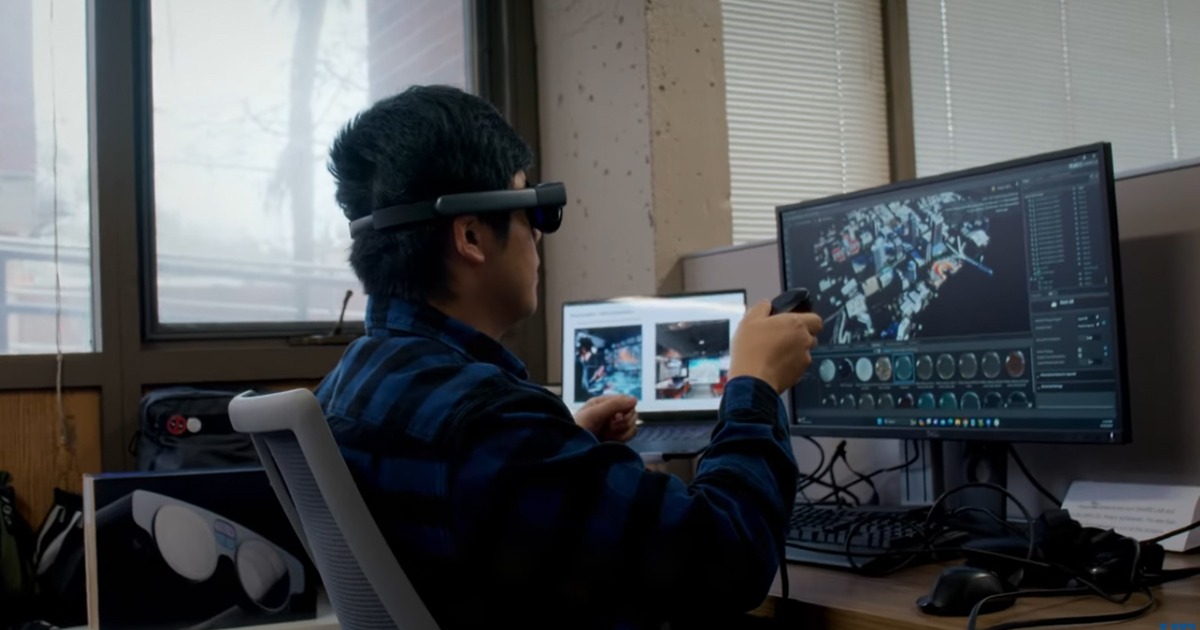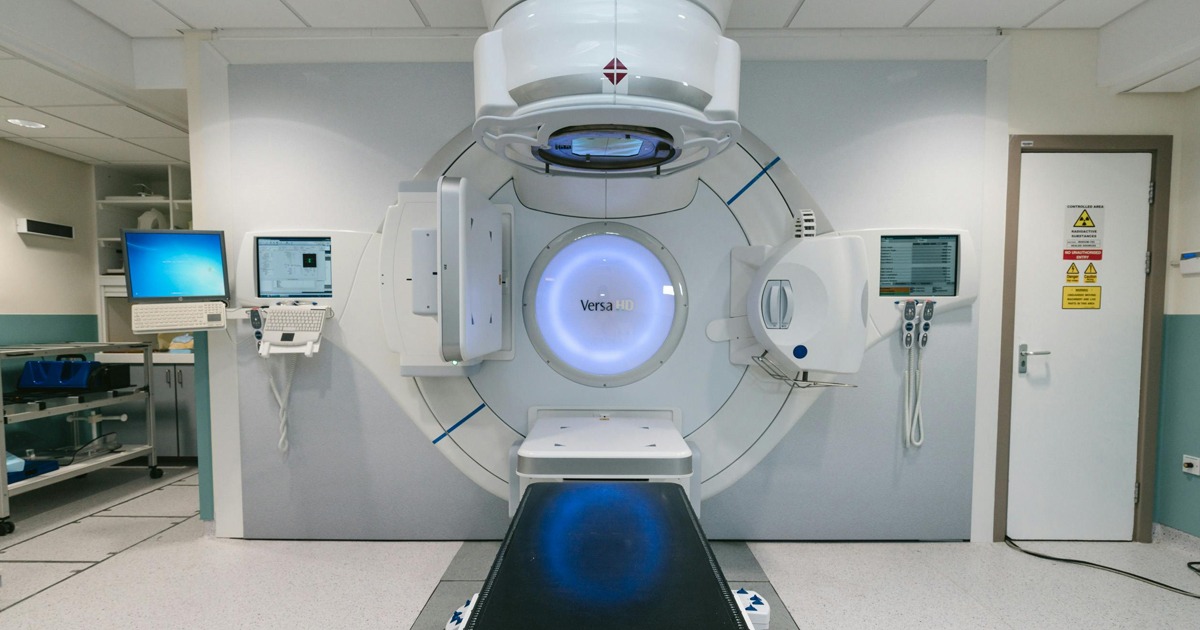JAMA Network published a study titled: Assessment of Prolonged Physiological and Behavioral Changes Associated with COVID-19 Infection. Which obtained data through portable or wearable mobile devices.
A COVID-19 infection can cause long-term symptoms even six months after symptom onset. Monitoring of patients with complications or symptoms associated with COVID-19 is important even after recovery. Portable mobile devices such as wearables provide a way to provide continuous tracking of metrics.
The study conducted by medical researchers at the Scripps Research Translational Institute in San Diego, California, and Care Evolution in Ann Arbor, Michigan, used DETECT (Digital Engagement and Tracking for Early Control and Treatment), a method for distance longitudinal research based on a mobile application .

Data was collected from 37,146 wearable users from March 25, 2020, to January 24, 2021. The analysis focused on 875 people who reported symptoms of acute respiratory illness and were tested for COVID-19, from which 234 were positive.
“People with COVID-19 took longer to return to their RHR (resting heart rate), sleep, and activity baseline values compared to symptomatic individuals who were COVID-19 negative. This difference was most marked for RHR, as COVID-19 positive individuals initially experienced transient bradycardia followed by prolonged relative tachycardia that did not return to baseline, on average, until 79 days after symptom onset." explains the study.
In this way, through the data recorded by wearables, the study found the existence of a prolonged physiological impact due to COVID-19, lasting approximately 2 to 3 months on average.
Check the full study at the following link: https://jamanetwork.com/journals/jamanetworkopen/fullarticle/2781687





